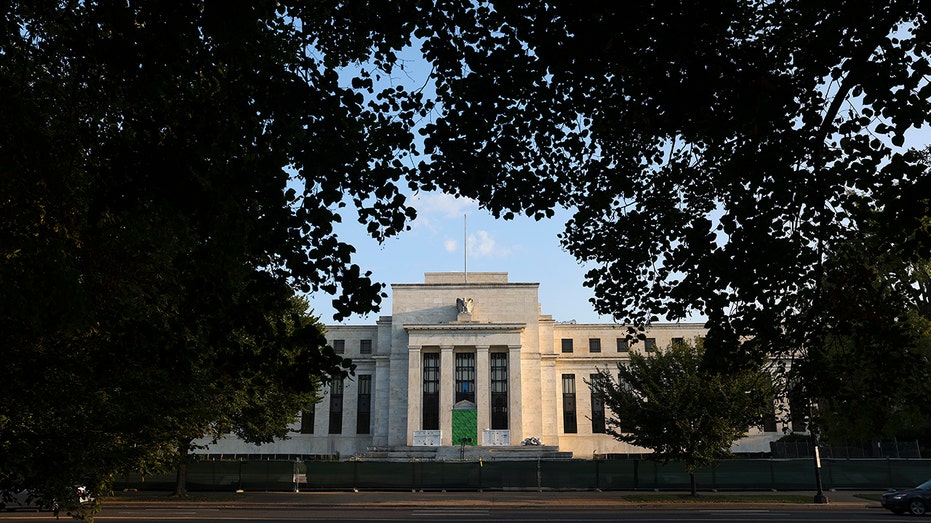
Federal Reserve Chair Jerome Powell expressed concerns about the potential negative impact of holding interest rates too high for an extended period during his testimony before the Senate Banking and House Financial Services Committees on July 9, 2024. The economy remains strong, with a robust labor market, but inflation has been easing and is currently at 2.6% according to the Fed's preferred personal consumption expenditures price index.
Powell acknowledged that recent data showing inflation receding has given the central bank more confidence that price increases are returning to normal. He also indicated that continued progress in this area would pave the way for a central bank rate cut. Most investors now expect the Fed to begin cutting rates in September or November and are planning for two reductions throughout 2024.
Despite these positive signs, Powell emphasized that policymakers must strike a balance between keeping borrowing costs high long enough to cool the economy and fully stamp out rapid inflation while avoiding overdoing it, which could crash the economy too much and cause a recession.
During his testimony, Powell acknowledged that a weakening labor market is as much of a risk to the economy as high inflation. He stated that reducing policy restraint too late or too little could unnecessarily harm economic activity and employment. However, lowering rates too soon could stall or even reverse the progress made on inflation.
The Fed has kept interest rates at historically high levels for over a year, and Powell's opening remarks indicated that the central bank still wants to see more economic data confirming cooler inflation before cutting rates. Some lawmakers, such as Senators John Kennedy and Sherrod Brown, expressed concerns about the economy's health and urged Powell to lower interest rates sooner.
Incoming data for the first quarter of 2024 did not provide enough confidence that inflation was receding at that time. However, recent inflation readings have shown some modest further progress. More good data would strengthen the central bank's confidence that inflation is moving sustainably toward its 2% goal.
The Fed chair also acknowledged the impact of immigration on the labor market, stating that it might be neutral on inflation in the long run but could add to an already tight housing market in some parts of the country.





